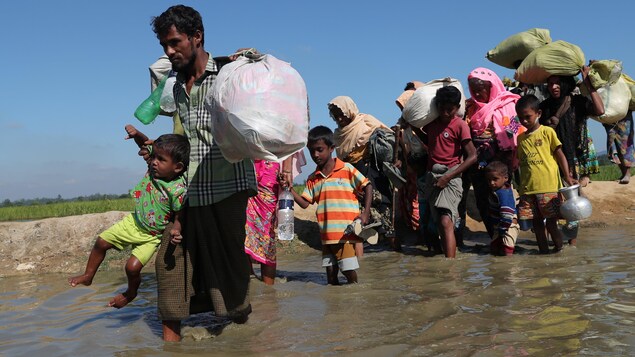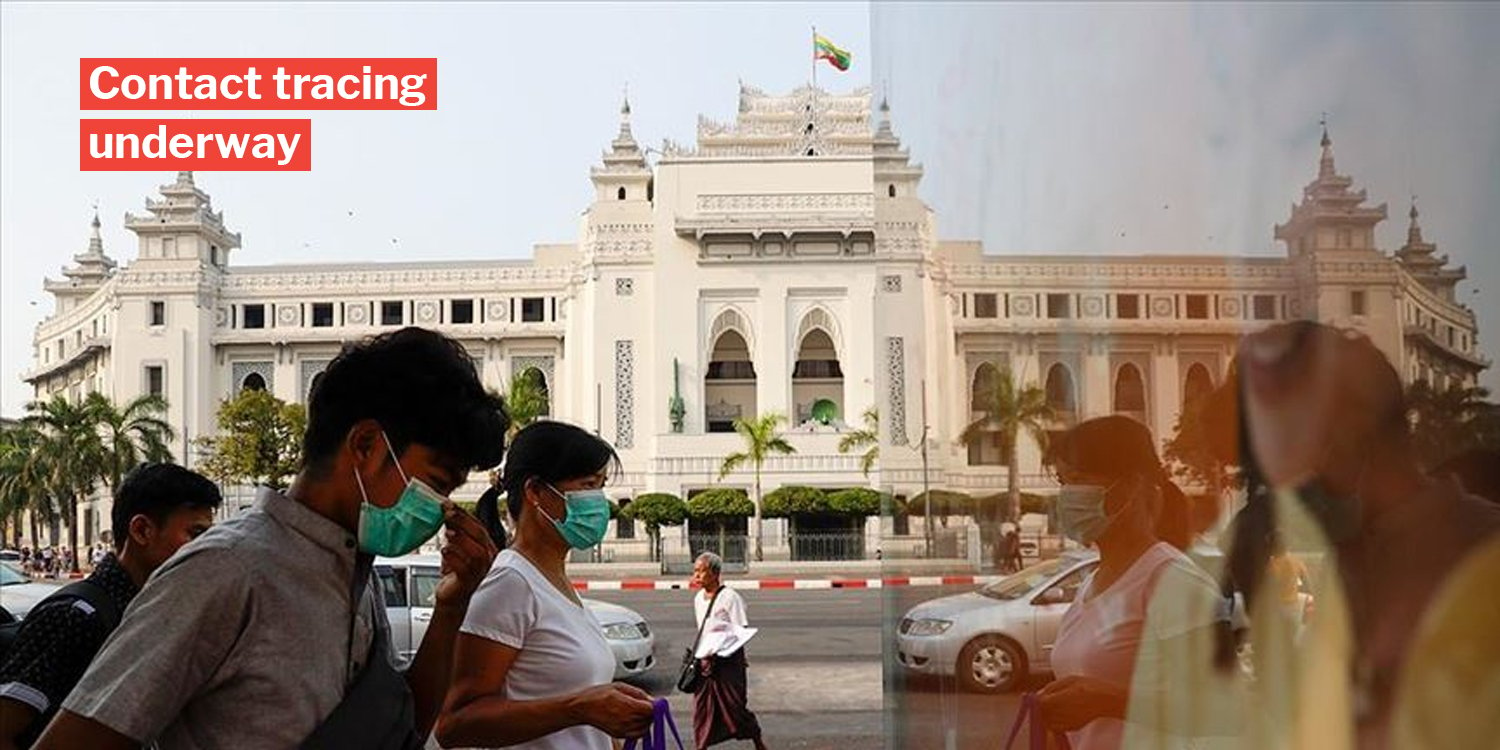BANGKOK — Myanmar’s military launched a coup on Monday, detaining the country’s civilian leader, Daw Aung San Suu Kyi, and her top lieutenants in early morning raids and seizing power from a government established only five years ago.
Officials from the National League for Democracy, Ms. Aung San Suu Kyi’s party, confirmed the detentions on Monday morning. Hours later, with politicians and activists alike racing to find out who had been detained, a military television network announced a one-year state of emergency with ultimate authority transferred to the army chief, Senior Gen. Min Aung Hlaing.
State television broadcast a statement from the military later on Monday that said extreme steps were necessary because of what it labeled voter fraud in elections last November. Those polls had confirmed the National League for Democracy’s dominance over the military’s proxy party. In its statement, the military said that it will oversee free and fair multiparty elections after the end of the state of emergency.

Ye Aung Thu/Agence France-Presse — Getty Images
Mobile networks and the internet were intermittently down in major cities, and some local journalists went into hiding for fear that their reporting could compromise their safety. Domestic flights were suspended, and the main international airport in Yangon, the largest city in Myanmar, had been shuttered, according to residents.
Dozens of trucks filled with dancing and cheering pro-military forces rolled through the city, as the sound of army anthems filled the air. In some neighborhoods, flags emblazoned with the National League for Democracy’s fighting peacock had disappeared overnight.
Myanmar had been celebrated as a rare case in which generals willingly handed over some power to civilians, honoring 2015 election results that ushered into office the National League for Democracy.
The stalwarts of that party had spent years in jail for their political opposition to the military. Ms. Aung San Suu Kyi, the political party’s patron saint, spent 15 years under house arrest and won a Nobel Peace Prize in 1991 for her nonviolent resistance to the junta that locked her up.
Myanmar's Rohingya Refugee are in crisis
They've been called the world's most persecuted minority. Learn who they are and why they're fleeing.
The Rohingya, a mostly Muslim ethnic minority in Myanmar, have been called the "world's most persecuted minority," and recent events have added dramatically to their misery.
At least 500,000 Rohingya have fled to neighboring Bangladesh since August of this year. Although the crisis has intensified in recent months, the targeted, sometimes violent, discrimination of this minority group is anything but new.
The Rohingya are a Muslim ethnic minority group from Myanmar's Rakhine state, just south of Bangladesh, who have at times numbered 1.1 million. Officially, Myanmar's government does not recognize the Rohingya as lawful citizens. The government claims they were brought to Rakhine from Bangladesh during the time when Myanmar was a British colony, and the government says they are living in Myanmar illegally. Ask the Rohingya and they’ll tell you they have been in the region for over a century, and some claim to have been in the region from as early as the eighth century.
“The answer to that question is highly contested, particularly by those who want to politicize the issue,” said John Knaus, the associate director of the Asia division at the National Endowment for Democracy.
Regardless of when the Rohingya arrived in Myanmar, the military junta that controlled Myanmar until recently denied them citizenship in 1982, leaving them stateless and vulnerable.

Myanmar’s virus restrictions keep journalists at home.
The strict stay-at-home order issued by Myanmar last week for its largest city, Yangon, barred residents from traveling from any of its 44 townships to another. There are some exceptions, such as for police officers, emergency workers and doctors.
But one group not given special status to cross township boundaries is the news media. That includes reporters, photojournalists and the drivers of newspaper delivery trucks. The exclusion prompted protests Monday from journalists and news vendors alike.
“How can we stay at home while we need to cover the news as video journalists?” said U Wai Yan, a correspondent with Xinhua, China’s state-run news agency. “If the people do not get the true news, then there might be lots of rumors, and these are toxic for people.”

With cases of the coronavirus soaring, the government has issued stay-at-home orders for Yangon, a city of seven million people. It issued similar restrictions in Rakhine State, where the first major outbreak occurred, and most recently for three townships in Mandalay, a city of one million.
Myanmar, which was ruled for decades by the military, is one of the poorest nations in Southeast Asia, and doctors say that its underfunded medical system would be quickly overwhelmed if the virus is not contained.